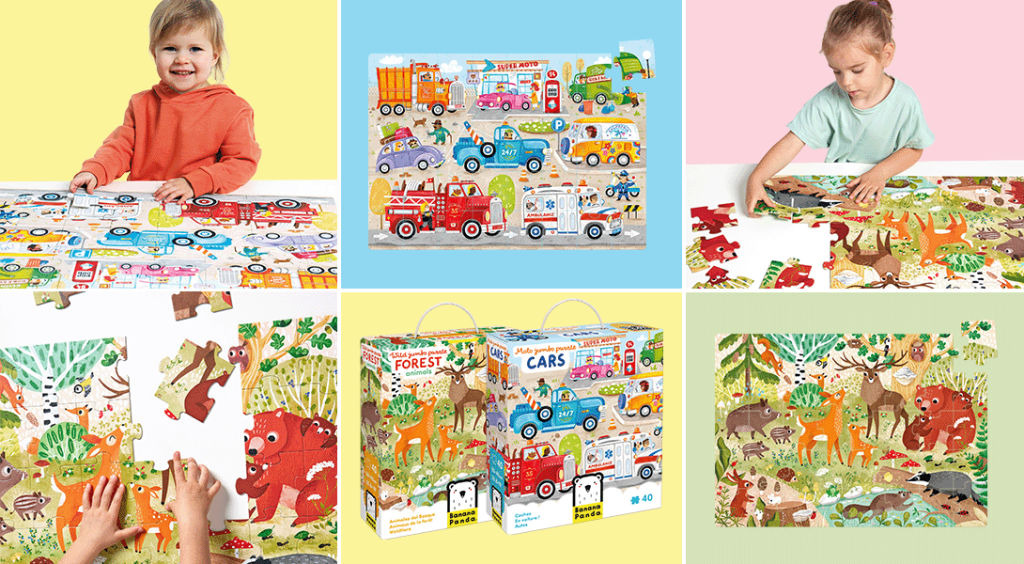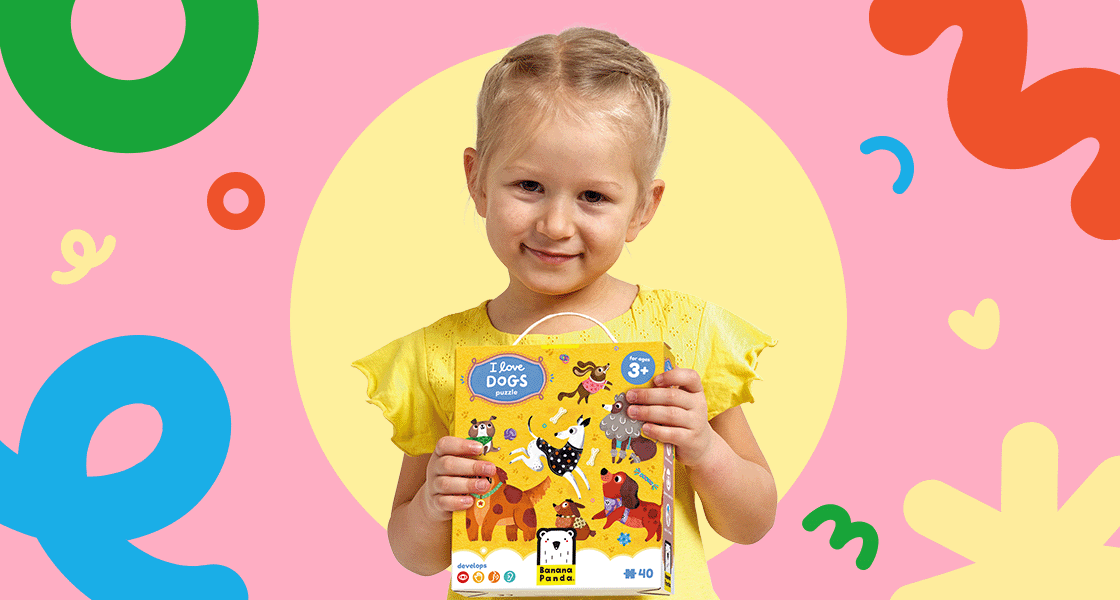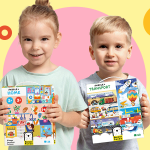When your child turns 3
Early childhood is a stage of development from roughly age 3 to 6 that is also associated with the preschool years. This is also, unsurprisingly, a time when most children begin to learn within a preschool and kindergarten setting and become more independent, which also brings new challenges in a young person’s life.

What can a preschooler do?
Children of a preschool age are acquiring and honinge a wide range of skills, but already know quite a lot, including how to:
- stand on one leg,
- ride a tricycle or balance bike,
- throw, catch and kick a large ball,
- draw a person and house with increasing accuracy,
- eat, pour water, spread butter or jam with a knife and put on clothes with greater independence.
What other skills does a preschooler have and which skills are developing? This is a time when play with peers and on certain themes truly flourishes. Games increasingly involve recreating familiar aspects of daily life, creating new stories and scenarios, as well as playing group activities with set rules. Your child is quickly acquiring new cognitive skills, beginning to count, distinguishing between more colors and shapes, and engaging in more complex categorization tasks.
This is also a period of intensive speech development. Children over the age of 3 can engage in conversation, talk about events that matter to them, describe their physiological and emotional experiences, remember complicated instructions, orient themselves in space, and identify differences and incongruities in pictures.
Preschoolers are interested in the world around them and absorb an impressive amount of knowledge about the topics that interest them. There’s a grain of truth in the saying that young dinosaur fans know more about these animals than the paleontologists who study them.

Game ideas
Children of a preschool age are acquiring and honinge a wide range of skills, but already know quite a lot, including how to:
- We are surrounded by letters and numbers. If your child shows an interest in them, answer their questions without insisting this is something they “have to” know. Count the objects around you, sound out words, try to read small words and encourage your child to make their first attempts at writing. Remember that all of these skills require years of practice, so at this stage having fun is what counts the most!
- Talk about what you see in book or puzzle illustrations, especially topics that are familiar to your child.
- Practice perceptiveness! Look for objects that fit in certain categories, for example things that are yellow or round. Find things that are edible and ask your child to explain the functions of a toy—these are great ways to play on the go!
- Play guessing games or ask each other riddles about objects and their position in relation to other objects—what is under, behind or next to something else?
- Assemble puzzles! These versatile toys develop dexterity, perceptiveness and perseverance while helping children learn about their favorite subjects or discover something new!
- Don’t forget to be active and take walks outside. Outdoor fun is not only a great way to spend free time, but one of the pillars of a healthy lifestyle.

The fun never ends when there are a million ways to play!











